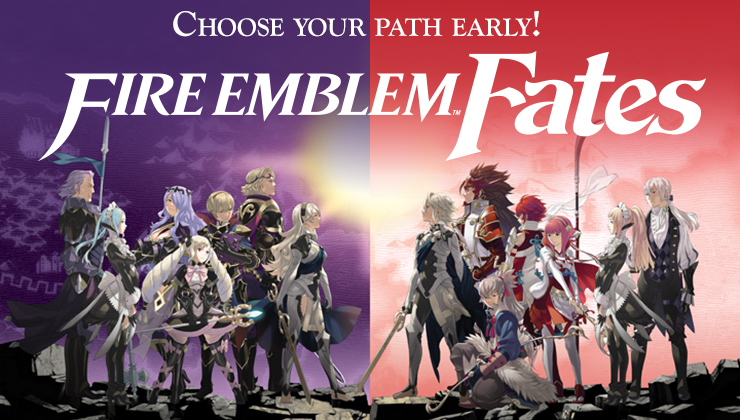*Note – This sample was originally written as scripted content for a YouTube video. That video can be viewed here.*
Fire Emblem Three Houses was widely well received for its inventive approach to some age old mechanics within the series. Its calendar system allowed for a more controlled approach to managing your units and their progression, but more than anything, it allowed for a far more intimate story than previous games in the series.
For me, Three Houses quickly rose to become the best game in this series, and certainly the game with the best characters. Even Lucina, who I adore for her tragic backstory and hopeful attitude, pales in comparison to some of the cast of this game, at least as far as consistent characterization and overall depth. I’ve spent the last several weeks in an internal debate on which character to cover. Dimitri is my favorite, due to his overall tragic story, and Claude is an interesting subject altogether. Even Rhea felt fun to tackle, but one name kept repeating in my head over and over. I decided to focus on a character that I generally have a much more difficult time with.
Let’s get the spoiler warning out of the way, because this is going to be an in depth look at a character throughout the entire game, in every route. This essay will be filled to the brim with me trying to make my MFA worth something, so steel yourself for some literary jargon.
I hate Edelgard. I think she’s hypocritical and stubborn, cruel and unwieldy, overall not a very good person. Also, I love Edelgard. She’s earnest, caring, powerful, ambitious, wise beyond her years, and an incredible advocate for equality in a structurally classist society. And if these two sentiments sound contradictory, I would say it’s a result of how masterfully executed the character actually is. But to understand why Edelgard works, we have to understand how Three Houses works, primarily in the way it tells its story.
Fire Emblem: Three Houses focuses on the perspective of its main character, Byleth, who primarily functions as a surrogate for the player. The overall tale, its characters, and its outcomes, are largely determined by Byleth’s decisions. This is positive for obvious reasons, it gives the player direct control over the events they’re going to be playing out. But from a narrative angle, because you’re involved in fundamentally formative years for the main cast, the seemingly massive changes in their personality are justified, because their experiences are going to be largely different, depending on how the player approaches the game.
Edelgard is perhaps the best example of this, because in three of the four routes you can play through, she’s going to be your enemy. But even the type of enemy she is is heavily influenced by which route you choose. Blue Lions is a story about Dimitri, sure, but it’s equally a story about Edelgard, and how her actions and their relationship created the version of Dimitri you’ll be travelling with throughout the Azure Moon chapters. Golden Deer, on the other hand, is a bit more removed from Edelgard, making her less of a direct enemy, and more of an obstacle in the way of Claude’s own ambitions. This is the difference between a character that we come to have intimate knowledge of, and a larger than life dictator who we hope to defeat.
And then there’s Crimson Flower. Edelgard’s own route, fought from the perspective of her army, gives insight into a hidden depth of her knowledge and ambition. In order for any of this to work, the key is consistency. Edelgard has to have similar personality traits no matter which route you’re playing. Thankfully, this is yet another area where this Strategy RPG excels, but before we dive into that, let’s talk about who Edelgard is, externally and internally.
Edelgard von Hresvelg is the successor to the imperial throne of Enbarr, capital of Adrestia. The Adrestian Empire is the longest standing human society in Fodlan, with the exception of the underground secret city of Shambala. Because of this, Edelgard is raised to believe that her future, Fodlan’s history, and Fodlan’s future, are one in the same. Her delusions of grandeur aren’t something developed from her own ego, rather, her perception of herself comes from a sense of duty instilled within her from a young age. In addition to this she is ravaged by loss and despair, having lost almost all of her siblings to vile experimentation. The compounding of these truths bring about a sense of profound loneliness and yet still inspires ambition unlike most other characters in Fodlan.
This is essential in the development of any character arc. For a character to grow and change, they have to overcome the lie that they believe. This core concept implies that the start to a characters arc has them believing something assuredly false about themselves and/or the world around them, and that their growth is centered around disproving that lie.
Edelgard is pre-packaged with quite a few. First is the lie that only she can change the world for the better. This lie is reinforced by her disdain for the church, a force within the game that makes up the vast majority of the world’s order. Of course, the realization of a character, and the conclusion of their arc, demands that the lie they believe be dismantled. Edelgard is a fascinating case, because again, only one of the four arcs have her actually reaching that state of actualization, and that’s Crimson Flower. But this particular lie is not dismantled. Edelgard still insists on being the one to change the world, and clearly believes it was a duty assigned to her at birth. So how then, does she have a complete arc without disproving her lie?
Well it’s simple. If you can’t change the truth, you simply change the lie. Edelgard has a second lie, and I believe it makes up the worst parts of her personality. It’s her belief that her plan, despite being for the betterment of all of mankind, has no room for mercy or empathy. This is a lie reinforced not by outside forces, but by her own actions. For reference, see the second battle at Gronder Field, and with it, the way Edelgard readily sacrifices characters like Bernadetta and Petra for her own gain. These aren’t just soldiers in her army, mind you. These are her friends, people she spent her time at Garreg Mach becoming increasingly close to over quite a stretch of time. When I said that I hated Edelgard earlier, this is the character that I meant. A character so vile and stubborn that in the face of people she’s victimized, her tunnel vision can only ever focus on her own ambitions.
And yet, I love Edelgard as a character, because she’s merciful, able to cultivate the talents of those around her, and despite methods I don’t agree with, truly does seek to change the world for the better. But how can those ideas exist simultaneously? Well, that’s the easy part. Dismantle the lie.
The structure of a character arc seems to imply a linear narrative. Obviously that makes sense in the context of books and movies, as you’re typically experiencing just that. A narrative with a clear beginning, middle, and end. But Fire Emblem: Three Houses has a dynamic narrative, that changes based on player decisions and actions, and as a result of this, characters have dynamic arcs. For Edelgard, it’s the difference between a flat arc and a hero’s journey. To elaborate on that further, a flat character arc is where a character remains functionally the same throughout an entire narrative. They’re seldom changed by the world, or by other characters. This would be Edelgard in the Blue Lion route. She’s unwavering in her ideals, consistently decisive and immovable throughout the entire story. As a result of this, the world is far more often changed by her. She starts the war, she corrupts Dimitri, divides the alliance, sets major actions in motion. The person that she is ultimately means more to the story than the person she could become. This also makes her a great villain, because characters like Dimitri have to undergo more traditional positive arcs in order to overcome her.
Edelgard is a character largely informed by her relationships. Those relationships fall into two categories. Those who do things for her, Hubert, Byleth (In Crimson Flower), Ferdinand Von Aegir, her Uncle Arundel, and those who do things to her, Dimitri, Rhea, Byleth (in all other routes), and her Uncle Arundel. I hate the guy, but his presence in both categories is a big part of who Edelgard becomes.
Arundel is the most impactful person in her life, because he sets her on the path that changes her life. First by experimenting on and subsequently killing her siblings, and then by cultivating that darkness in her heart and urging her to leverage the likes of the Death Knight and Solon in her quest for power. Edelgard’s masked alter ego, the Flame Emperor, is a product of Arundel’s actions.
The second most impactful relationship in Edelgard’s life is the one she shares with Byleth. Of course, the depth of this relationship is down to player choice, and will ultimately determine the quality of Edelgard’s life, as well as the success of her ambitions.
I like how heavily the people in Edelgard’s life influence her actions, because I think it serves to emphasize her naturally empathic nature. She cares for others, and is fundamentally chasing what she deems to be everyone in the world’s ideal outcome. Of course, she’s wrong in a lot of ways, but that’s in large part, the entire point. In order for her to be this antagonistic force in ¾ of the game’s story, she has to also be at least a little bit incorrect in her philosophy, or at least her execution of her belief system.
I’ve often heard the argument made that Byleth is a character who teaches Edelgard the value of mercy. This is a direct contrast to a belief that drives her forward, that mercy has no place in her war.
In Crimson Flower, we watch this manifest as the lie Edelgard believes. The lie is deconstructed throughout Part 2 of that timeline. For example, the battle between Edelgard and Lysithea during their last stand against Master Tactician, Claude. Or that in Crimson Flower, Edelgard actually has the opportunity to spare Claude’s life. This is the part that I find to be a bit sad.
One of the reason’s Edelgard is so insistent on bearing the burden of responsibility is because she’s rarely been shown genuine empathy or compassion from just about anyone. Even Hubert, who cares for her so deeply, is very transactional in the way he behaves with her. The others within the empire treat her with ill will, and Arundel tries to harm her on numerous occasions.
The first time she feels at home anywhere is with her classmates and her professor, and she loses out on all of that if Byleth rejects her at the game’s midway point. Of course that would drive someone to stubborn madness. It’s not just Byleth that she wants the approval of, it’s everyone. She’d never admit it, I think Edelgard fears her own potential weakness more than most.
The beautiful irony in Three Houses is that there are a great many characters with overlapping views and ideals, and yet, they’re so polarized in their relationships with each other because ultimately, almost all of them have an ends oriented ideology rather than a means oriented one. Rhea, Dimitri, and Edelgard are three passionate violent forces, that believe the outcomes are what matter, and that methods are inconsequential so long as the goal is met.
In the routes within the game where these respective lords are heroes, they survive ultimately because they overcome that mentality. For Edelgard to achieve victory, she has to undergo the hero’s journey, dispelling the lie that has taken hold over her life. This singular instance of a positive arc for her is ultimately the most fleshed out version of her that we see, because the facade is broken down, both by other people in her life finally getting close to her, and by her ambition taking hold and the inspiration for her entire character being laid bare for all to see.
This game is making some pretty explicit statements about the nature of war, and ends oriented ethics. A lot of it is to say that waving a flag for a noble cause doesn’t inherently excuse the actions said cause demands. While Three Houses is never afraid to vocalize these subjects through character dialogue around Garegg Mach, its clearest vehicle is in one of its most ambitious characters.
So I’ll say it again, to bookend it all. I hate Edelgard, because of the pain she puts her friends through when she keeps them out. Because she turns this incredible SRPG gameplay into a painful crawl towards the execution of someone I’ve been trained to respect and admire. And I love Edelgard, because she’s the most honest and impactful antagonistic force Fire Emblem has had since the GBA. Because the depth of her character goes so much further than just “villain.” Because she, just by being who she is, elevates the rest of this story from a classic video game narrative, to a genuinely riveting war drama with a sense of dignity and character that exceeds its genre to become in my eyes, an instant classic.
Thank you all for tuning in for this character study! A new approach to video making for me, but something I definitely plan to try again. Once I finish the remaining Yakuza games, I’m gonna break down Kiryu next, because he’s a fascinating one for sure. So if you’re into this sort of thing, like the video and subscribe to make sure you’re around when I make more like it! In the meantime, check out these other recent works of mine and be sure to come back soon for more from the Game Room!
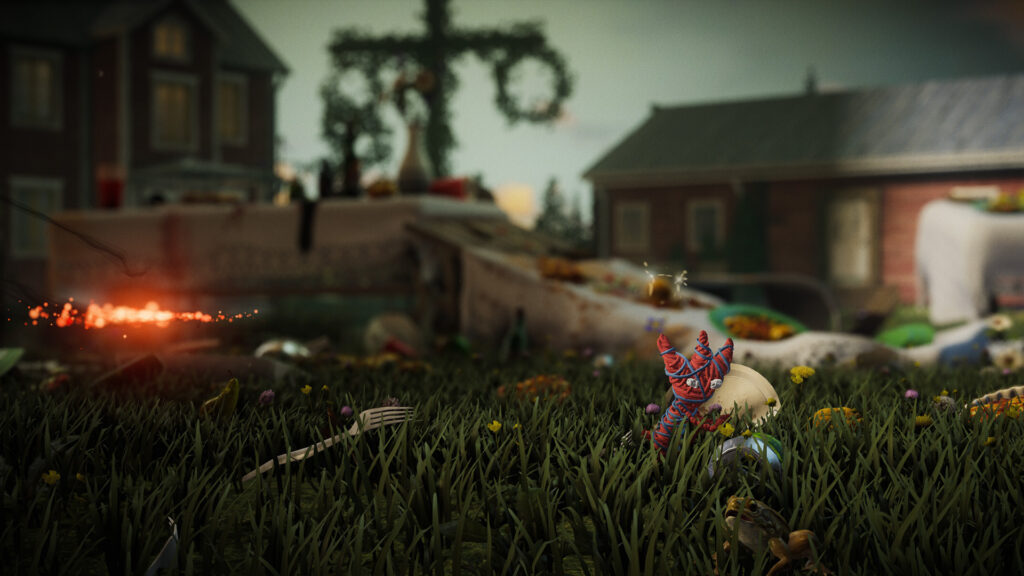
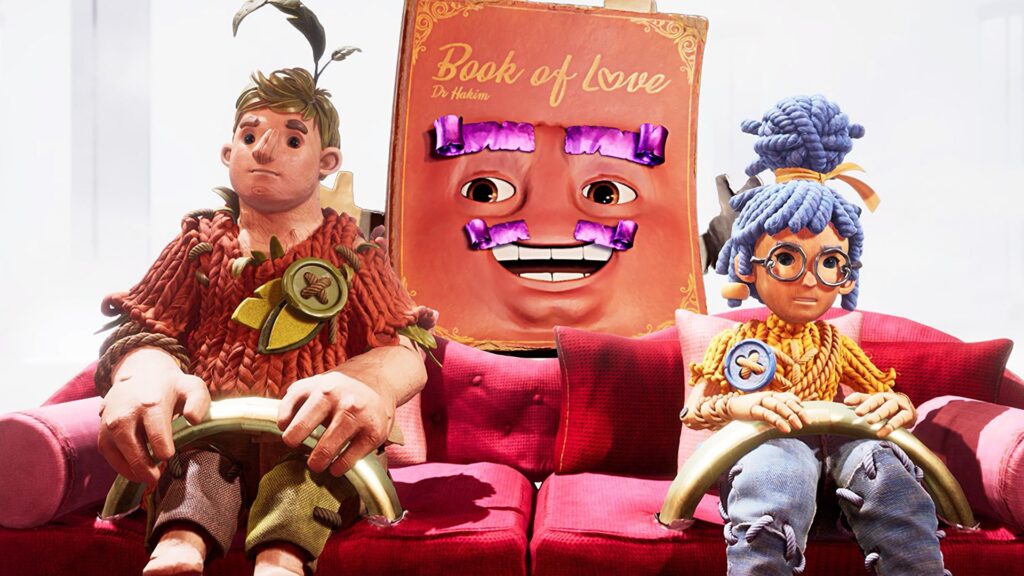
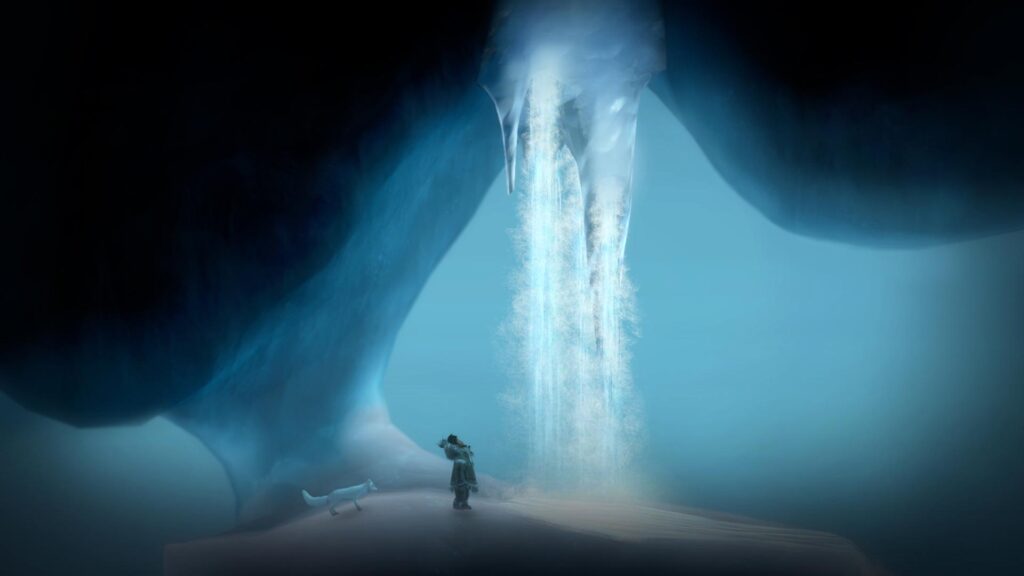
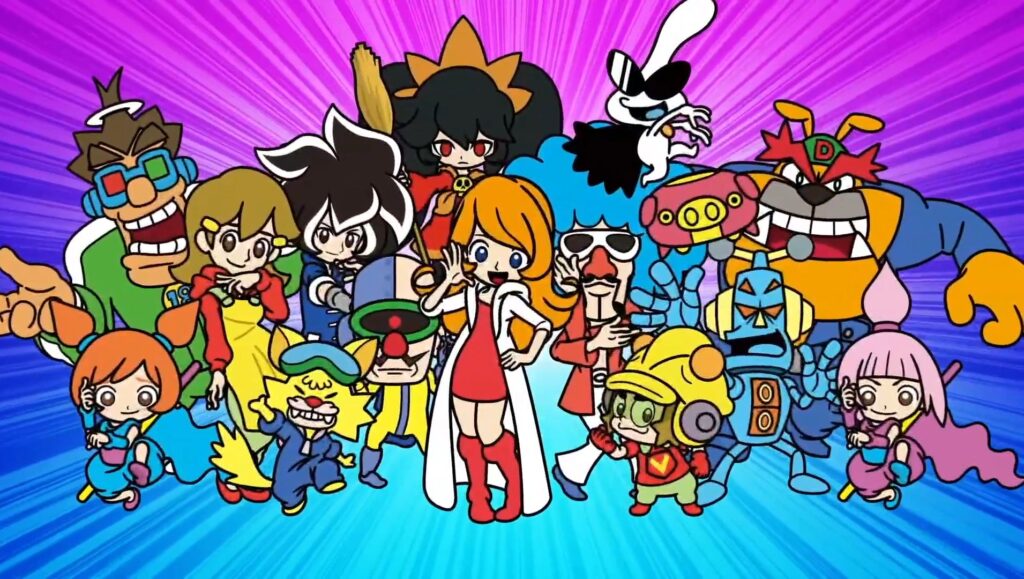
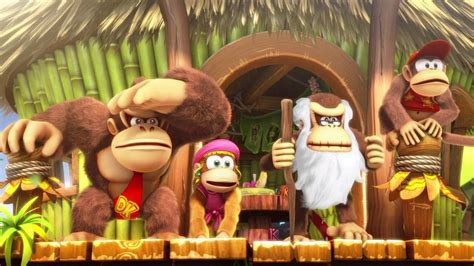
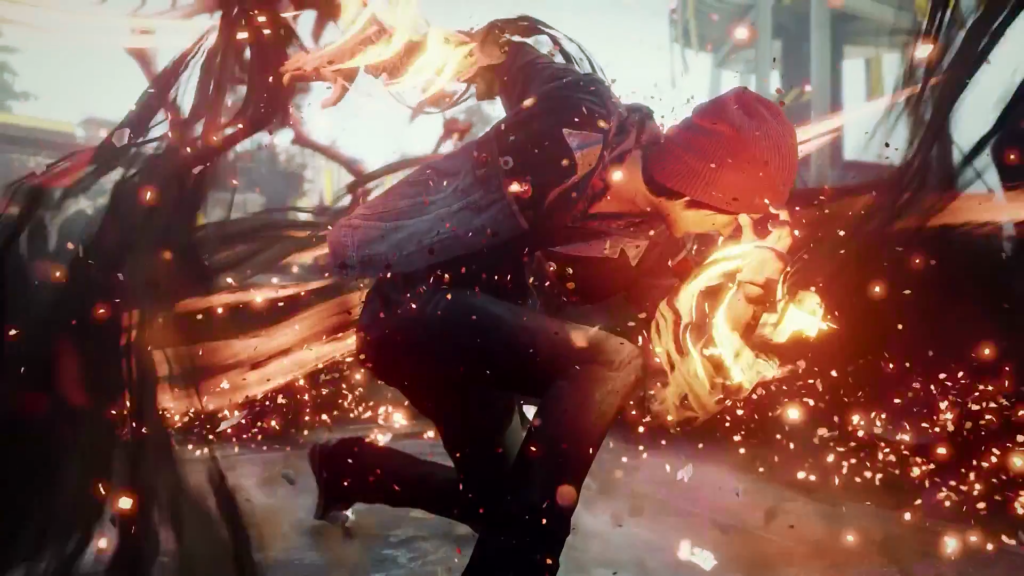
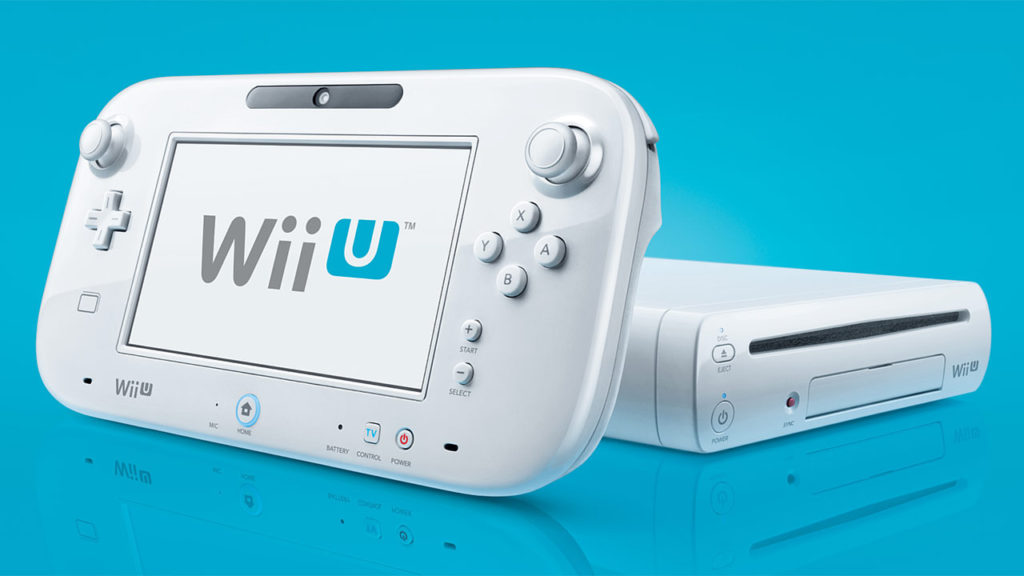 4. Nintendo Wii U
4. Nintendo Wii U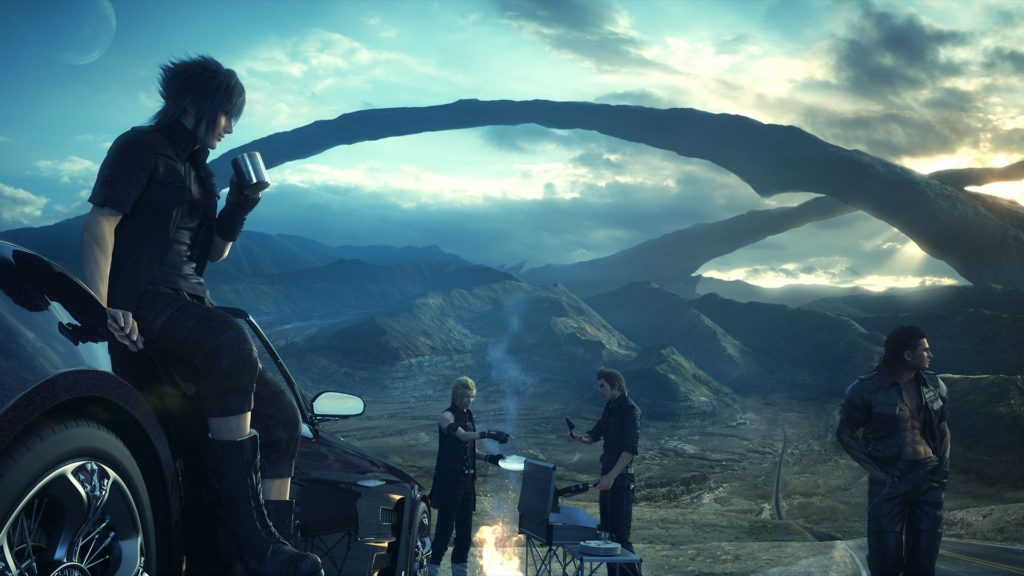
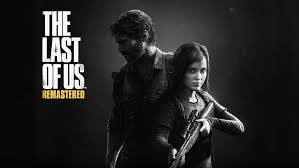 2. The Last Of Us
2. The Last Of Us
